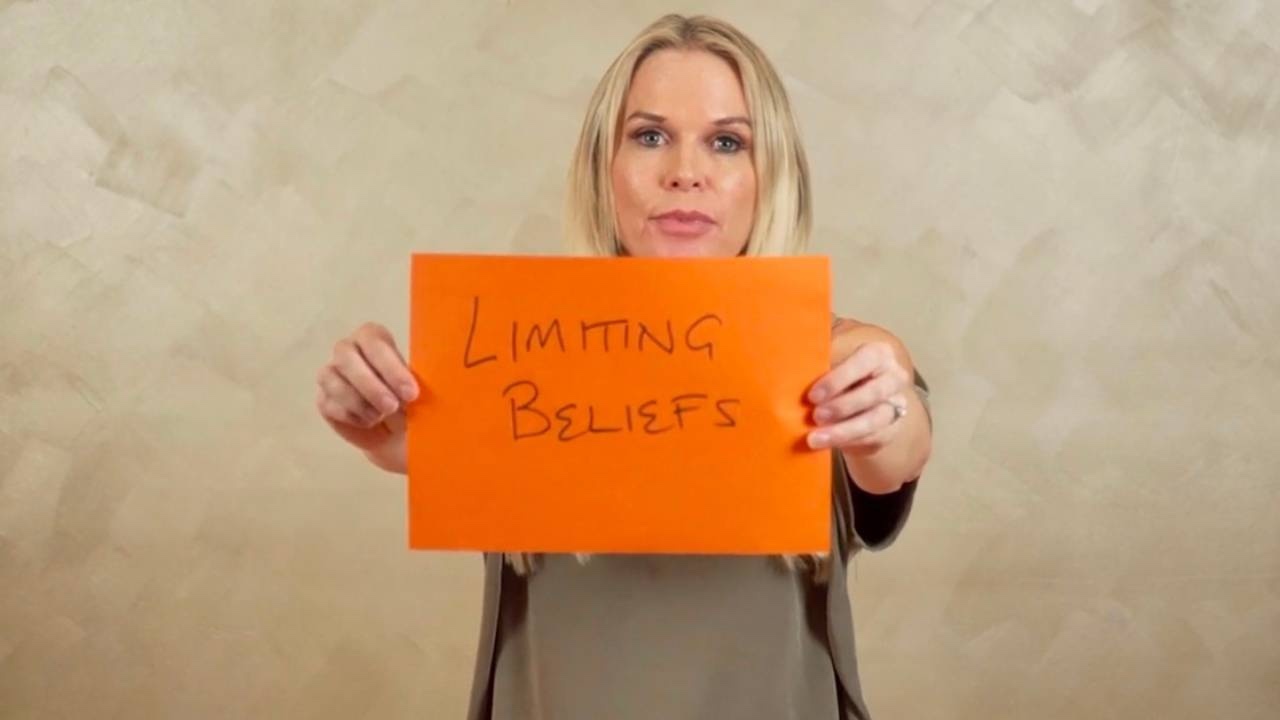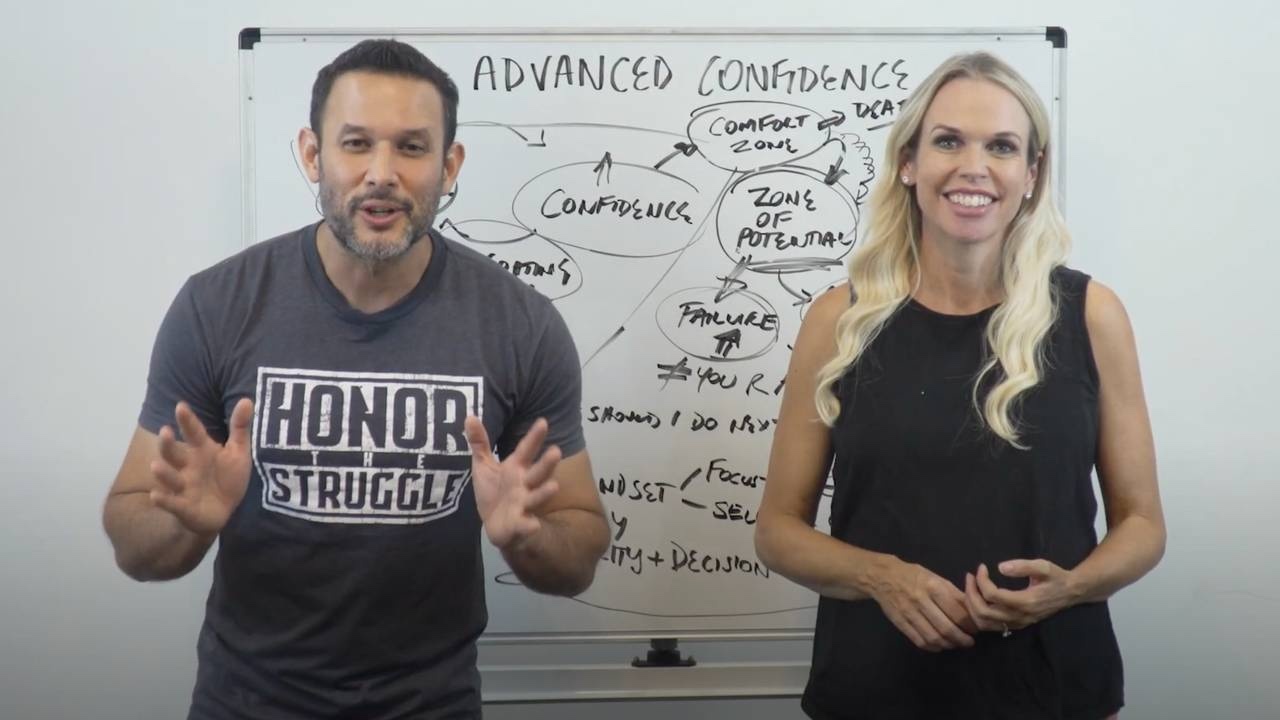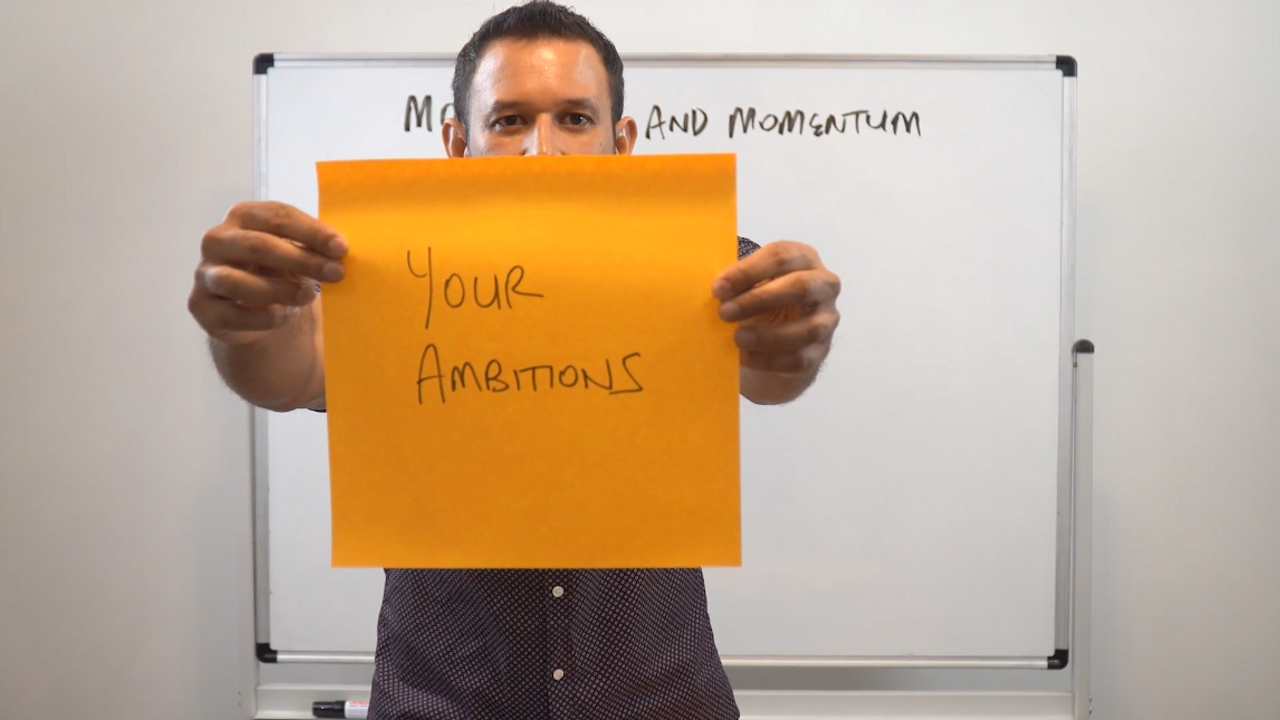Embracing AI to Enhance Your Veterinary Practice

The veterinary field is constantly evolving, and one of the most exciting advancements is the integration of artificial intelligence (AI) into veterinary practice. As a veterinary professional or business owner, you may have heard about AI but may be unsure of how it can benefit your practice. In this article, we will explore the various ways AI can revolutionise veterinary diagnostics, treatment, and patient monitoring, as well as enhance your business operations and client experiences.
AI Applications in Veterinary Medicine
Imagine having a tool that can analyse medical images, such as X-rays or ultrasounds, with incredible accuracy and speed. AI can do just that. By utilising machine learning algorithms, AI can quickly analyse medical images and detect abnormalities that may be missed by the human eye. This can greatly improve diagnostic accuracy and speed up the treatment process for your patients.
But AI doesn't stop at diagnostics. It can also assist in treatment plan...
Unleashing the Potential Of AI In The Consult Room

In today's rapidly evolving veterinary landscape, the integration of Artificial Intelligence (AI) holds immense potential for transforming the way veterinarians provide care to their patients. One area where AI can make a significant impact is in the consult room, where it can revolutionise the way consultations are conducted, improve patient outcomes, and enhance the overall veterinary experience. By leveraging AI technologies to listen and transcribe consultations, as well as analyse the data gathered, veterinarians can gain valuable insights into their performance and make data-driven decisions to improve their practice. Let's explore 20 data points or metrics that AI can track to help veterinarians optimise their performance:
- Consultation Duration: AI can track the duration of each consultation, providing insights into the average time spent with each patient and identifying any potential areas for improvement in terms of efficiency.
- Wait Times: By monitoring the ti...
Conducting Change Management Effectively: A Step-by-Step Guide for Introducing AI in Veterinary Business

Integrating AI into veterinary business practices can be a transformative endeavour, but it also requires effective change management to ensure a smooth transition. One valuable tool that can aid in this process is the Pre-Mortem process. By conducting a Pre-Mortem, veterinary professionals and business owners can proactively identify potential challenges and develop strategies to address them. This step-by-step guide on how to conduct a Pre-Mortem will help to facilitate the successful integration of AI in veterinary practices.
Step 1: Assemble a Cross-Functional Team
To conduct a thorough Pre-Mortem, it is essential to gather a diverse group of stakeholders, including veterinarians, veterinary nurses, practice business owners, and other relevant team members. This cross-functional team will bring different perspectives and expertise to the table, ensuring a comprehensive analysis of potential challenges.
Step 2: Define the Integration Goals and Objectives
Before conducting ...
5 Reasons Why You Should Invest In Your Team's Education (A Powerful Return On Investment)

If you're having trouble justifying the expense of investing in education for your team, you've come to the right place. This blog talks through the significant impact investing in education can have on employee engagement and retention, reputation, consistency, and efficiency. You'll soon see that a comprehensive education program will be a game-changer for your veterinary practice.
1. Employee Engagement and Retention: A Crucial Factor in Veterinary Success
Did you know that up to 30% of your current team may feel disengaged with your brand right now? Employee disengagement can have serious consequences for your veterinary practice, leading to decreased productivity, lower morale, and higher turnover rates. Rehiring for veterinary positions can be a daunting task, with an average time to fill a veterinarian role taking up to 7 months. This makes it all the more important to focus on re-engaging your team members.
One of the most effective ways to re-engage your team is through...
5 Strategies for Dealing with Perfectionism
We are going to go through 5 strategies that can help you to tackle some of the negative effects of perfectionism:
1. Challenge Your Perfectionism Behavior:
So I want you to think about what are some of the things that you MUST do "perfectly" eg. surgical skin close. Examples. -- for Alex, it would spelling and grammar, for ME it is at the gym if they say 12 reps I do 12 reps and die…
Exercise: Write down why you believe that this activity must be perfect? What is the impact if you do or don't??
Do you resist delegating tasks to a co-worker because you don't trust their ability which means that you stay back late?
Pro Tip: How can you overcome them? Only challenge one perfectionist behavior at a time. Otherwise, you may feel overwhelmed. One small change can have a huge impact.
2. Set Realistic Goals:
Set realistic goals. Think about your most important life and career goals. Then, break them down into smaller monthly or yearly steps. Not only will this make it easier to...
Time Management - Managing Interruptions
So let’s just say you have a plan and you are pretty good at knowing how to prioritise so you start off on the right foot but somehow you always end getting pulled away to something else.
What is getting in the way? How do you preserve that time so you can work uninterrupted? This is often something that people living in busy households or busy workplaces where there are kids, customers or workmates coming and going.
For example it might be that you sit down to type your clinical notes but then the receptionist comes in and tells you there’s a client on the phone, or one of your colleagues pops their head around the door to have a chat. As a manager it can be really hard to get uninterrupted time to work on projects because then your’e always spending time putting out fires. Urgent unexpected things- usually staff issues, people issues, child issues. The reality is that a lot of these do need to be dealt with straight away but some need to be managed so that you minimise the amount...
What is Burnout?
Burnout occurs when passionate, committed people become disillusioned with a job or career from which they have previously derived a lot of their identity and meaning. That’s quite an important distinction because the World Health Organisation definition of BURNOUT directly links it to work and the workplace. It comes as the things that inspire passion and enthusiasm in your job are stripped away, become tedious or sometimes unpleasant things start to crowd in.
The key prerequisites therefore are previous passion and enthusiasm. You can't burnout unless you were alight in the first place.
Now having defined what burnout is- you can start to see why veterinary professionals like you guys- passionate, committed people- are very vulnerable to burnout and that’s why it's so important that, even if you are not experiencing burnout right now- you know how to recognise it and have strategies to tackle it.
The tricky thing about Burnout is that it's very insidious - it can creep up on ...
Focus & Discipline - Limiting Beliefs

I want you to pause for a second and consider this question..
What thoughts or beliefs do you have that get in the way of your progress? These are your limiting beliefs. It might be ‘I'm not smart enough’ or ‘I'm not pretty enough’ or "I am shy" or "I am bad with names".
Limiting beliefs are things that hold you back. I like to think of them as this list of rules we each have in our heads about what we should say, how we should be, and what we should do and about how the world works. They are based on things like- what our parents taught us, how we were educated and our past experiences Plus, we reinforce them either via our inner dialogue or what we tell other people. We seek out proof that they are true and think of them as "just who we are".
We say things like ‘I'm not good at maths’ or “I’m terrible at public speaking”. A limiting belief could be about you, your interactions with other people, or with the world and how it works in general.
The problem is that limiting bel...
Confidence in The Consult Room

Confidence is a skill that you have to keep working on, it is like a muscle that needs consistently building and a commitment to step outside of your comfort zone ... the place where we become stagnant and into your ZONE of POTENTIAL as this is where growth and development occurs.
Now, in this zone you will fail and make more mistakes, however it is only through these learning opportunities that you will achieve the confidence and competence you want for a successful and satisfied career.
So let's look at a scenario .. you are in the consultation room and you see something for the first time, or do not know what is going on with a patient. You don’t feel confident in what to do next.
If you struggle with imposter syndrome the “expert” persona kicks in here. But, remember, vulnerability not equal failure. You do not need to know everything in order to be a good vet. If you don’t know the answer right away, it doesn’t diminish your talent and knowledge .. it just means you don’t k...
Ambitions & Motivation

Motivation is one of the most important things we have to master in our emotional toolkit. We need to be master of it, not be a slave to it.
When you have the motivation you need, you are pulled forward, out of bed each day, into the day, into work, it pulls the best out of you, and everything changes. When you lose motivation, the first gate to suffering opens and momentum stops.
First … you don’t feel like doing anything, you don’t feel like working out, you don’t want to act on your goals, you then start to feel unfulfilled, and unsatisfied.
Motivation is something we have to generate on a continual basis, and it is fuelled by our ATTENTION and by our MOMENTUM. We want to be able to generate the emotions of drive, desire, diligence —whatever you want to call motivation. We want to help you generate and master the emotion you need to move forward powerfully.
It all starts with YOUR AMBITIONS!
All motivation begins with a desire or a hunger and ambition for more. That could ...

